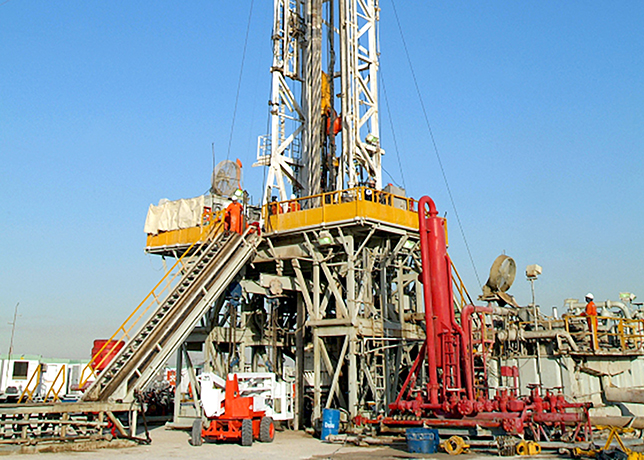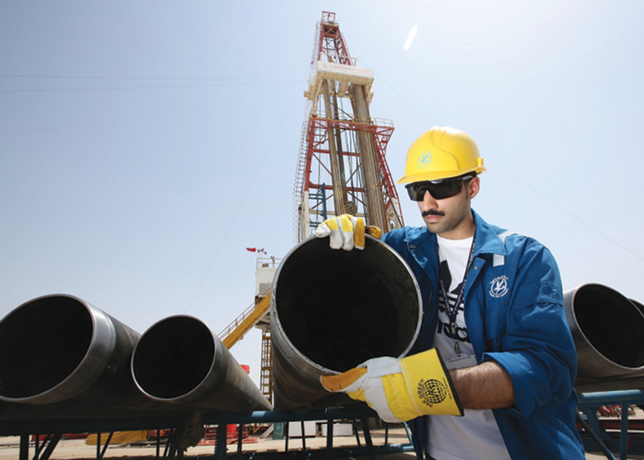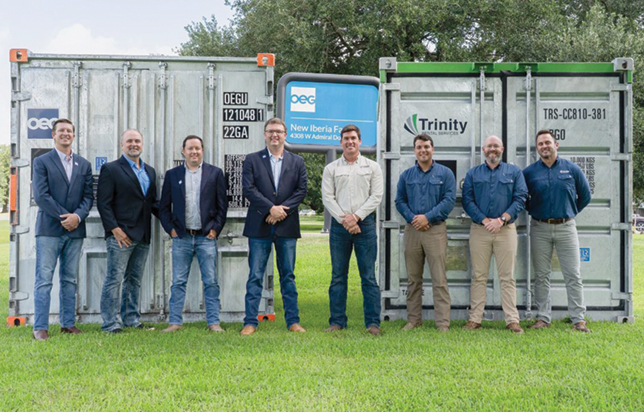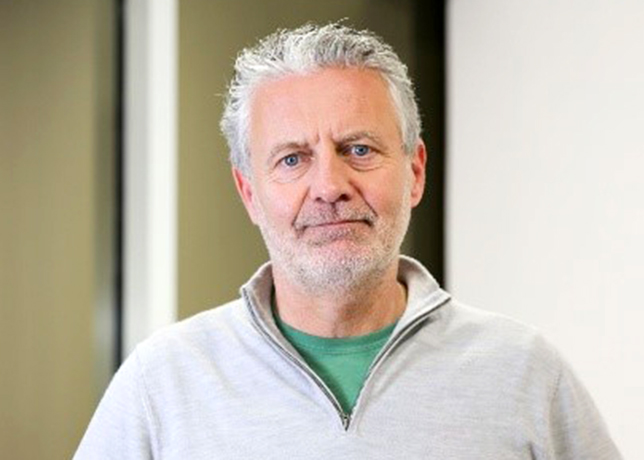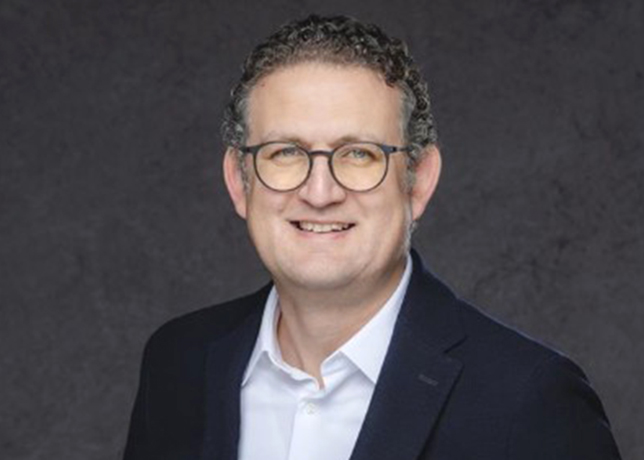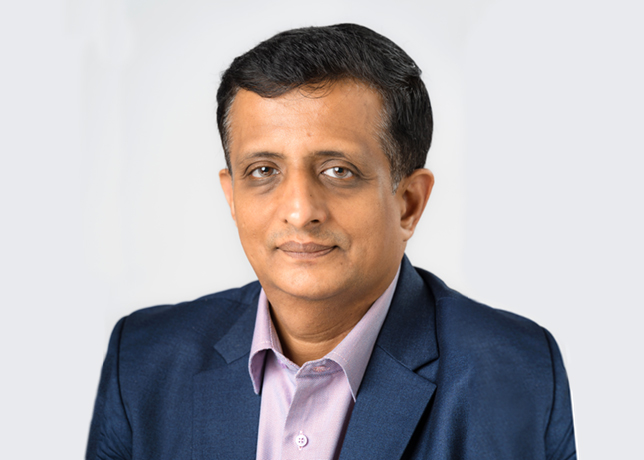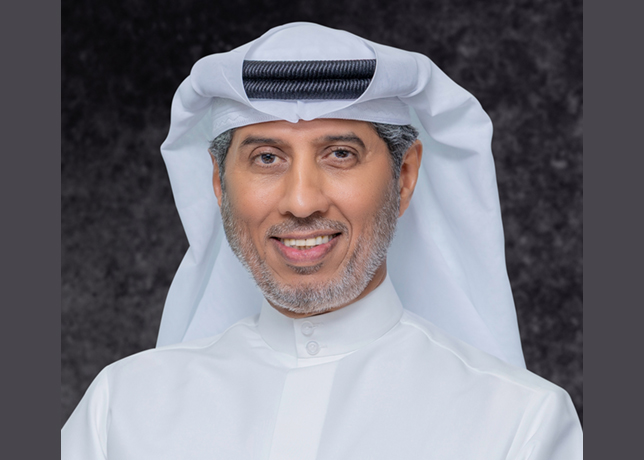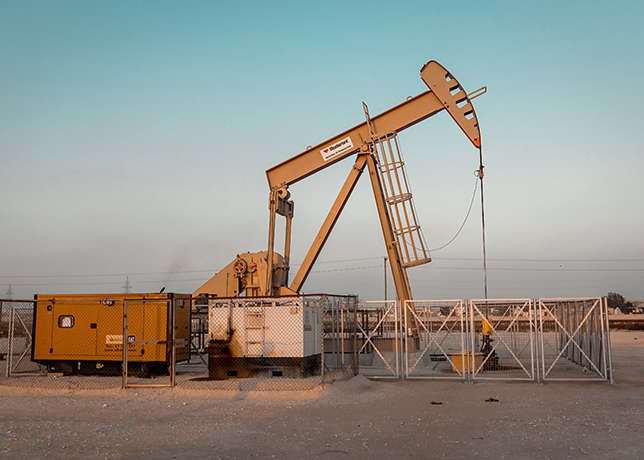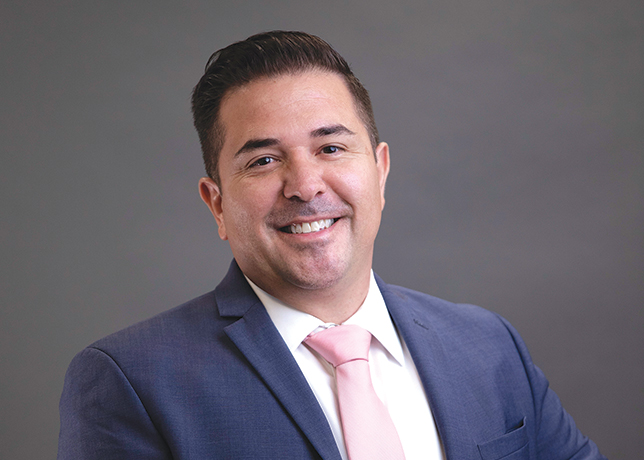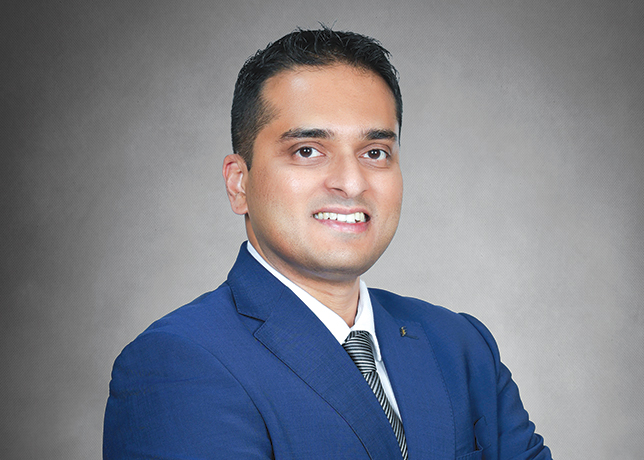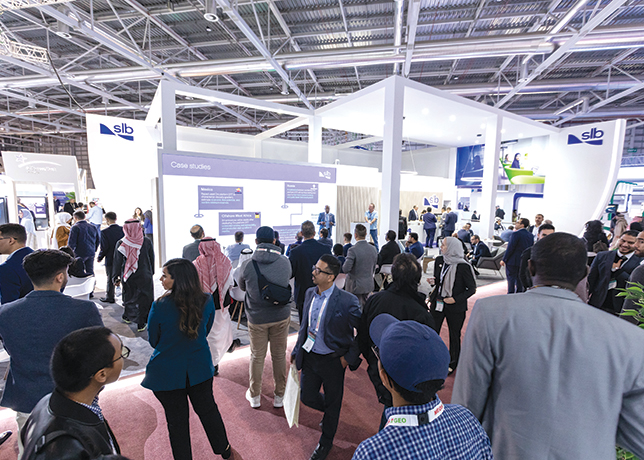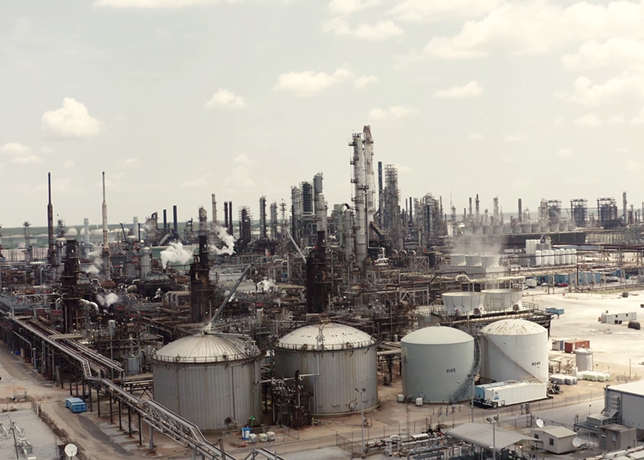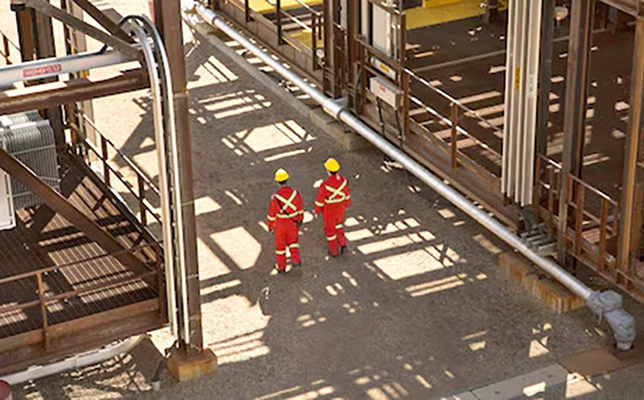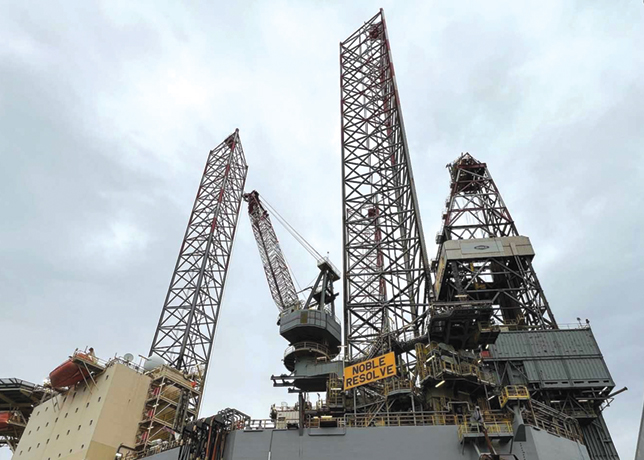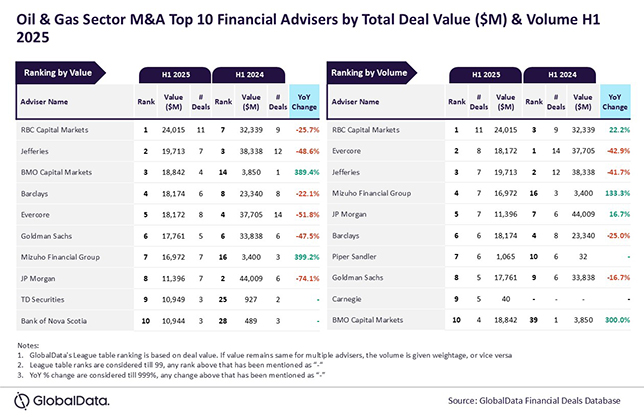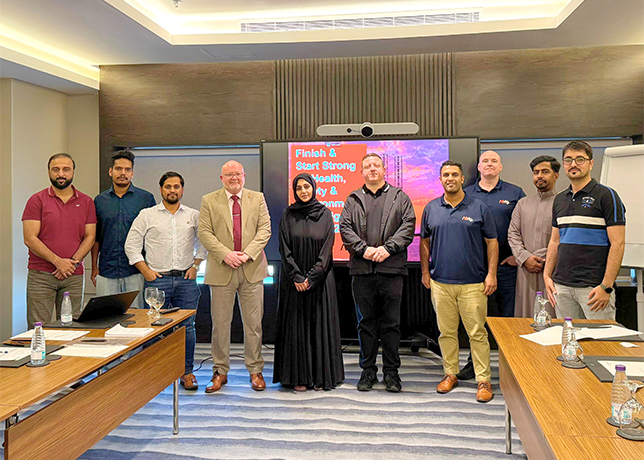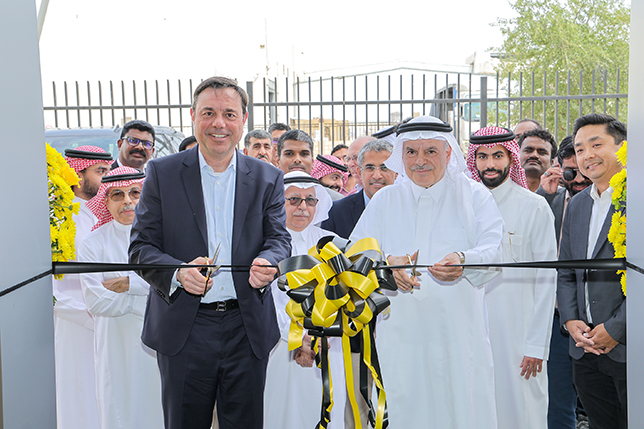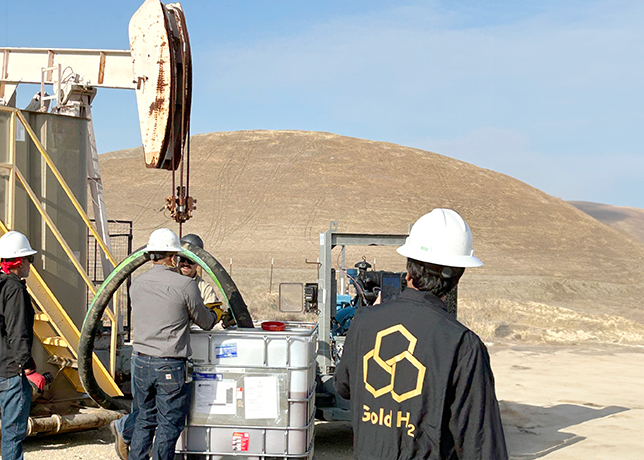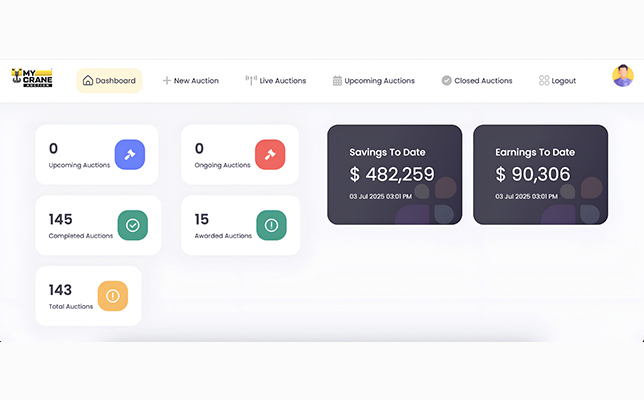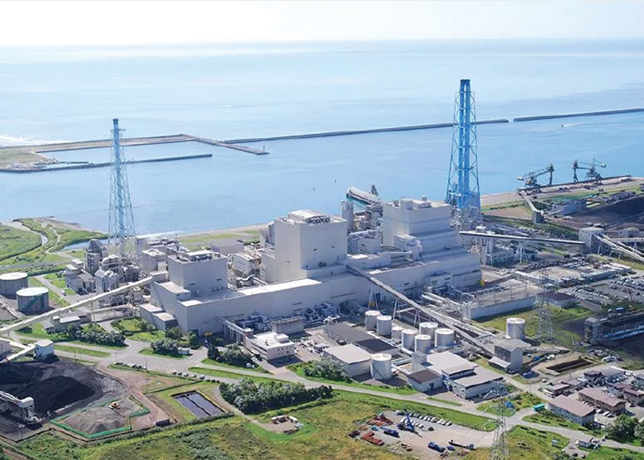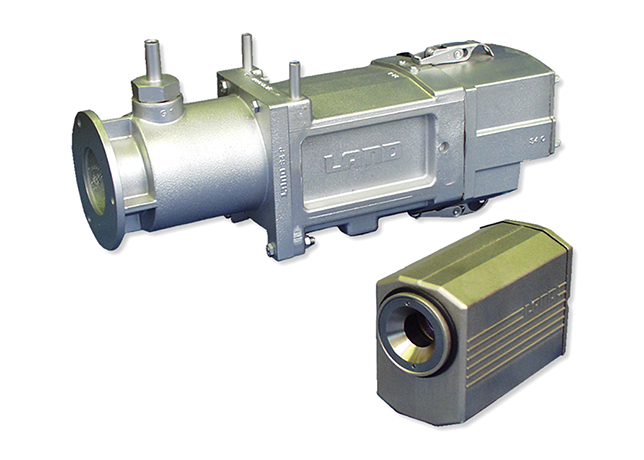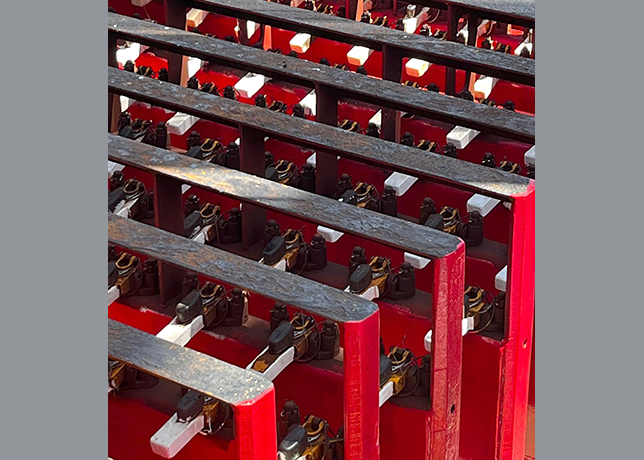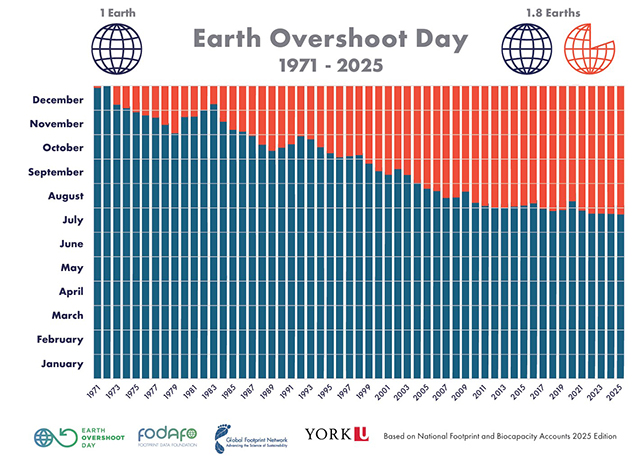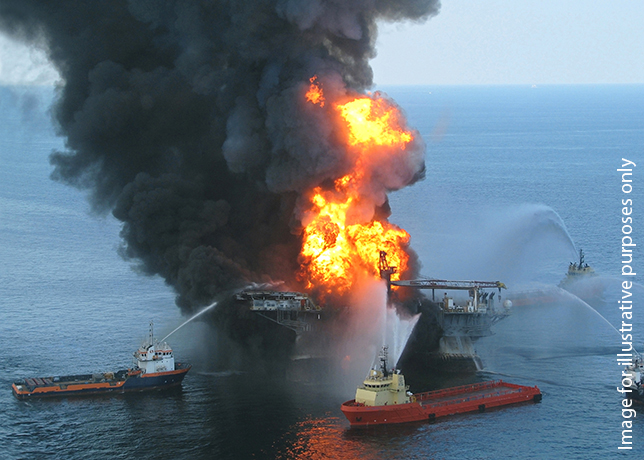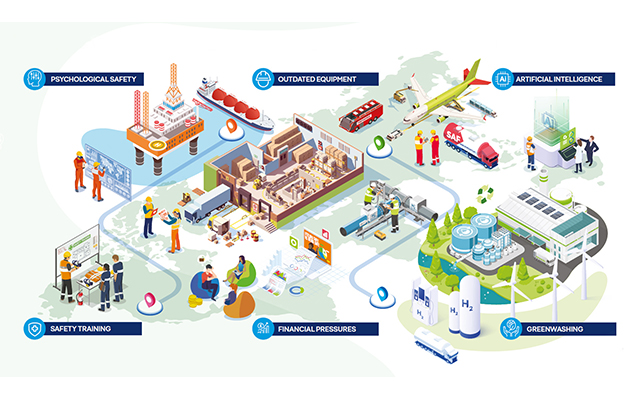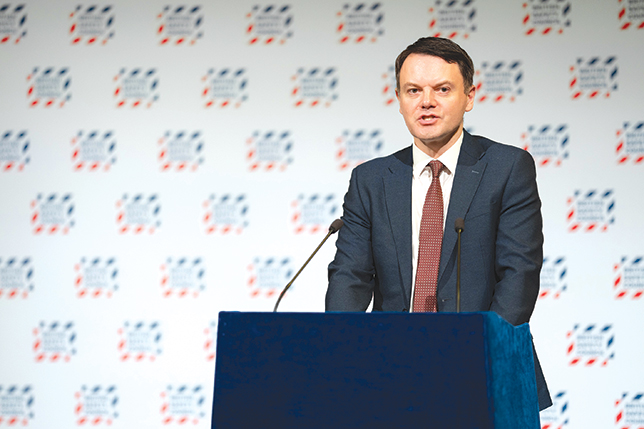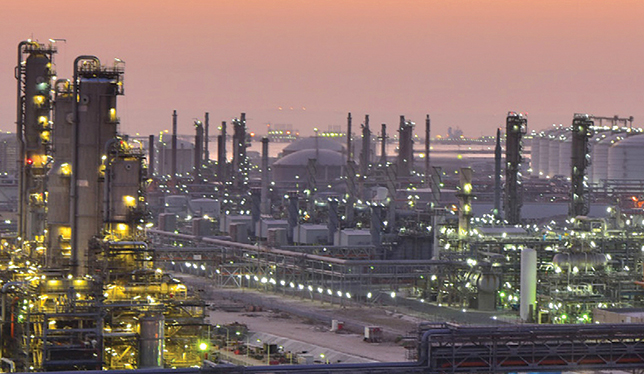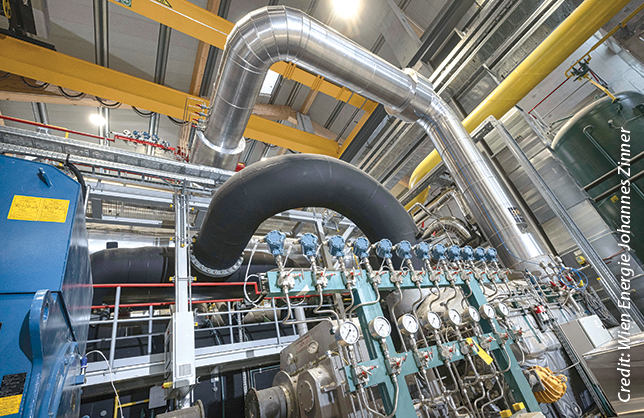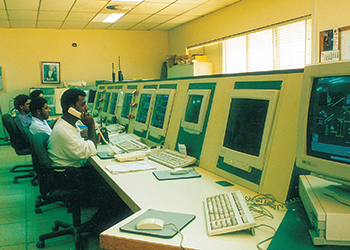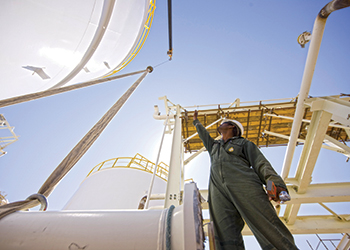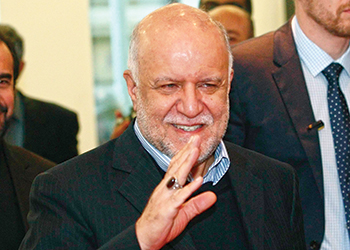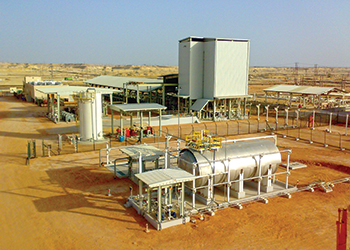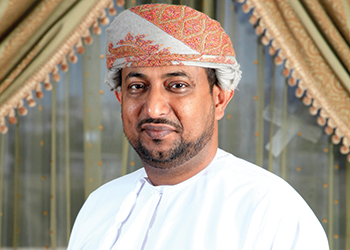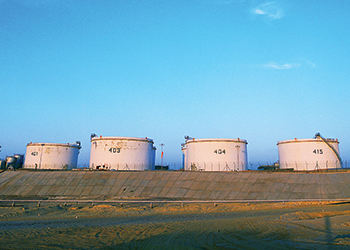
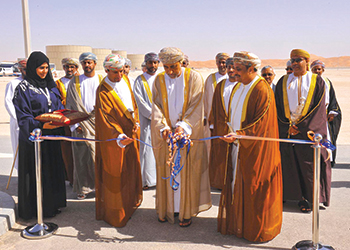 OOCEP ... joining the elite band
OOCEP ... joining the elite band
The 40-odd wells drilled so far by OOCEP target the Barik reservoir characterised by tight rock with low porosity and permeability. The reservoir rock must be hydraulically fracked to enhance the productivity of the wells
In a landmark development for Oman’s pivotal hydrocarbon sector, Oman Oil Company Exploration and Production (OOCEP), the upstream subsidiary of the sultanate’s energy investment arm, Oman Oil Company , is preparing to bring its Abu Butabul tight gas field in Block 60 into commercial production, thereby becoming the first Omani operator to add unconventional tight gas to the nation’s expanding gas base.
The company began commissioning its newly built Gas Processing Plant at the start of a long exercise that will culminate in the production, processing and export of unconventional tight gas into the Government Gas System – for the first time in the country’s modern history.
Full commercial operations are slated soon with the state-of-the-art processing plant – the centrepiece of an estimated $1 billion investment made thus far in the project – expected to reach a plateau production of 70 million standard cubic feet per day (mmscfd) by the end of this year. Along with gas, the facility will also produce condensates averaging 6,000 barrels per day (bpd) around the same timeframe.
The ground-breaking achievement comes in a record three years since Abu Butabul was acquired by OOCEP and progressed through exploration, appraisal and development.
That feat is a testament to the Omani operator’s resolve in staying the course against all odds, says the company’s chief corporate officer.
"When we were awarded the Block in late 2010, Oman Oil Company Exploration and Production was considered a new player in the industry but we took on board one of the most challenging unconventional gas projects in Oman and arguably globally. We are currently acknowledging our success as our team stepped up to the challenge and refused to look back. It was definitely a rollercoaster, but in the end, we succeeded in seeing it through," Sulaiman al Zakwani, who is also project director, states.
Block 60, a roughly 1,580 sq km concession encompassing the wilayats of Ibri and Haima, is 100 per cent owned and operated by OOCEP. The concession was acquired by OOCEP in December 2010 after the previous operator, relinquished the block.
Exploration, appraisal and development efforts commenced immediately to avoid any interruption in the timeline of the project. With the imminent start of commercial production, OOCEP joins Petroleum Development Oman (PDO), Occidental of Oman, and PTTEP, as producers of a valuable resource that is increasingly the mainstay of the country’s rapidly diversifying economy.
Harnessing the potential of an unconventional tight gas field, where the gas is trapped in microscopic pores in rock at depths approaching 4.5 kilometres, is no mean feat.
The 40-odd wells drilled so far by OOCEP target the Barik reservoir characterised by tight rock with low porosity and permeability. The reservoir rock must be hydraulically fracked to enhance the productivity of the wells – an exercise that requires a sound understanding of the reservoir and its properties, says the project director.
The resulting experience has endowed OOCEP’s engineers with a capability that is both unique and homegrown, Al Zakwani explains. Block 60 is quite unlike most other unconventional gas fields in Oman. The reservoir parameters are far more complex than some of the discovered tight gas fields in the country. Therefore, the know-how that OOCEP has mastered in developing Abu Butabul is unique.
"In addition, we are improving the productivity of our wells, increasing the reserves’ potential and reducing associated cost.
"Combining both the know-how and capabilities provided us with an unrivalled advantage when it comes to unconventional tight gas development."
Buoyed by its success, OOCEP says it wants to leverage the gained expertise in exploiting unconventional oil and gas fields that have defied previous attempts to unlock their potential.
"OOCEP’s success in Block 60 has whetted our appetites to accomplish more. We want to position ourselves as pioneers in the development of unconventional fields, such as tight gas, tight oil, shale gas and heavy oil."
The journey from a start-up to a full-fledged operator of one of Oman’s most challenging and complex gas field developments – in three short years – has been nothing short of extraordinary, he says.


